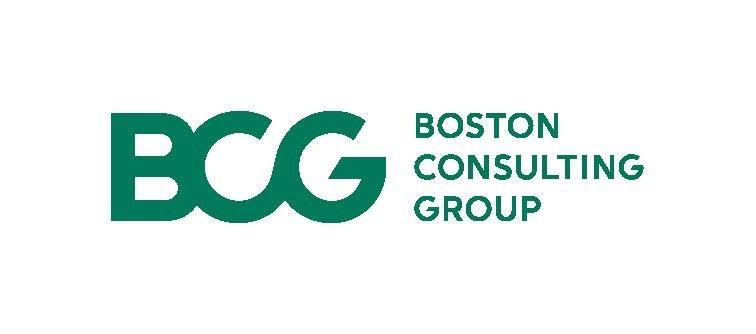School is almost out, and summer vacation is just around the corner! If you’re gearing up for an international adventure, you may find you need to renew your passport first. While you’re getting ready to renew it, be extra cautious of fake renewal websites. These sites go to great lengths to trick you into thinking you're on an official government page.
The good news is that U.S. citizens can renew their passports online with the U.

S. Department of State – if you meet the requirements. (If you don’t meet the requirements, you can still renew your passport by mail).
The government doesn’t charge a fee to fill out the form – it’s available as a free download. You only pay for the passport renewal itself. So, if you come across a site asking for extra fees just to complete the form, it’s a warning sign that you’re dealing with an impostor or a third party looking to cash in on services you can do yourself.
BBB has tips to help you identify the legitimate sites, keeping your travel plans on track and avoiding the risk of handing over your personal and financial details to scammers. Examples of how the scam typically works You’ve planned an exciting international trip, so you go online and search for how to renew your passport. At the top of your search results is what appears to be the U.
S. passport renewal website. The website may even be listed as "sponsored.
" The site tells you what forms need to be provided and that you can fill out the forms right there. You’re asked to provide your personal information, such as your social security number, home address, birth date, and much more. After completing the form, you’re asked to pay a “processing fee” or an “application fee.
” You’re then told that you’ll receive your completed form as a PDF in an email confirmation. When you receive your confirmation email with your completed PDF form, you’re told that you still need to pay money for the actual renewal of your passport. At this moment, you may realize you’ve been scammed into paying to fill out a form instead of actually paying to renew your passport.
On top of that, whoever is managing the site you were on now has very detailed information that could be used to steal your identity. BBB Scam Tracker has received many reports of online passport renewal scams. One person shared the following experience last week: “I was looking to renew my passport and this website first popped up.
I filled in all my info (including SSN) since I thought the website was affiliated iwth (sic) the government. After submitting payment, I realized that they charged $60 for them to fill out the form, which is free to do on the government website. Worried now that they have my credit card and SSN.
” Another person shared this experience: “I went into the site assuming it was the State.gov site because it resembled it completely, including the URL. I did not notice that it ended as state.
com , not state.gov . By the time I had submitted the application for my passport renewal and payment, I noticed that it was a fraud by the language on the confirmation page.
” Tips to help you avoid these types of scams • Do your research. Before renewing your passport, look up the most recent information on the renewal process. Start by checking with the U.
S. government. Remember that you should not have to pay a fee to fill out the required forms for a passport renewal – you’ll only need to provide payment for the renewal itself.
You can check the costs of passport fees in advance. • Give yourself plenty of time when renewing your passport. Processing times for passport renewals can change often.
In addition to the indicated processing times, you should also consider the time it takes for your passport to arrive at the passport agency and then be mailed back to your home address. Check state.gov to see current processing times and plan ahead.
Giving yourself plenty of time may reduce your likelihood of searching for quicker options, some of which could be scams. You can expedite your passport renewal with the U.S.
government for an extra fee, but it may still take several weeks. • Confirm the website’s URL before providing sensitive information. It can be easy to click on an impostor website without noticing.
Sometimes, the sponsored ads at the top of your search results can lead to these fake sites. Don't always click on the first website you see. Remember, government websites end in .
gov. Always take a closer look to be sure you’re visiting the correct URL. Scammers can trick you into thinking URLs look legitimate when they aren’t.
Before typing in sensitive information, check that the website and link are secure. Learn more about identifying fake websites. • Be wary of third-party websites.
There are legitimate passport assistance services, but check with BBB.org and BBB Scam Tracker first to ensure you aren’t sharing your personal or financial information with a scammer. BBB offers more about ways to find secure websites and the importance of HTTPS, and we also offer tips on how to spot the red flags of common scams.
Are you traveling soon? Let BBB help you prepare with these tips and watch out for similar scams involving Trusted Traveler programs like TSA Precheck, Global Entry, and NEXUS..
Technology

BBB CONSUMER TIPS: Be on the lookout for fake passport sites

School is almost out, and summer vacation is just around the corner! If you’re gearing up for an international adventure, you may find you need to renew your passport first. While you’re getting ready to renew it, be extra cautious...















